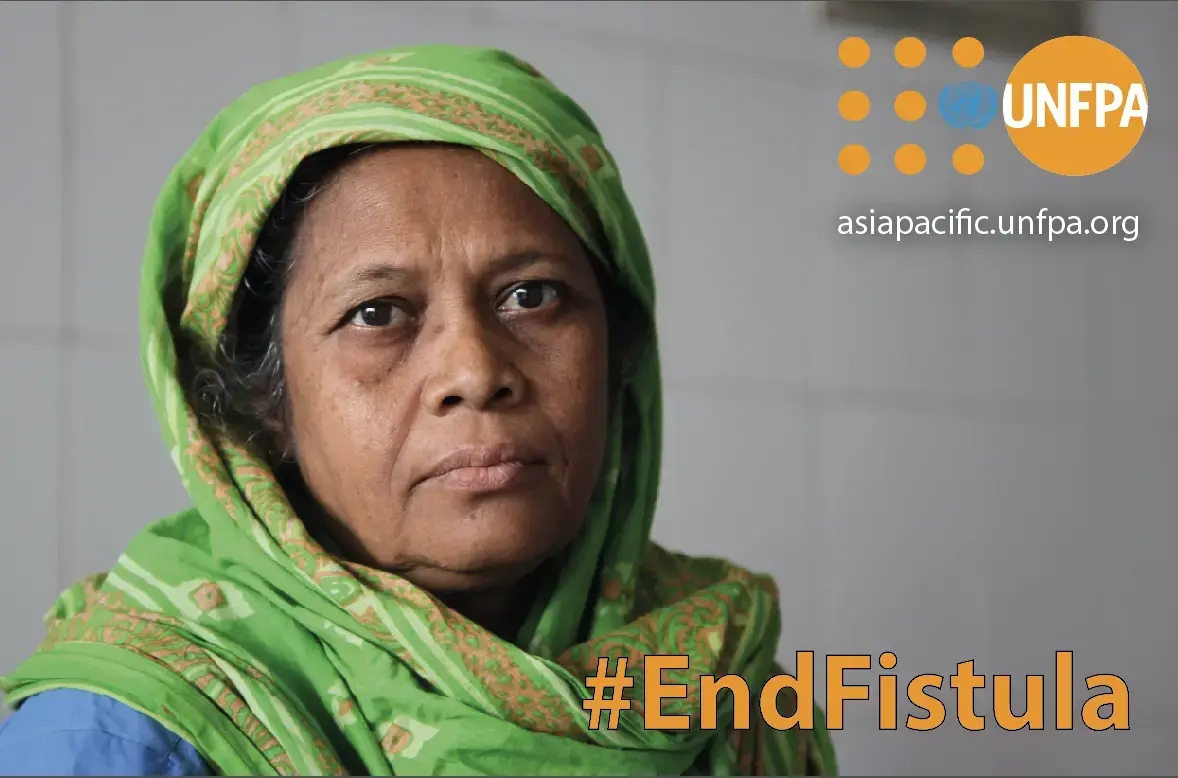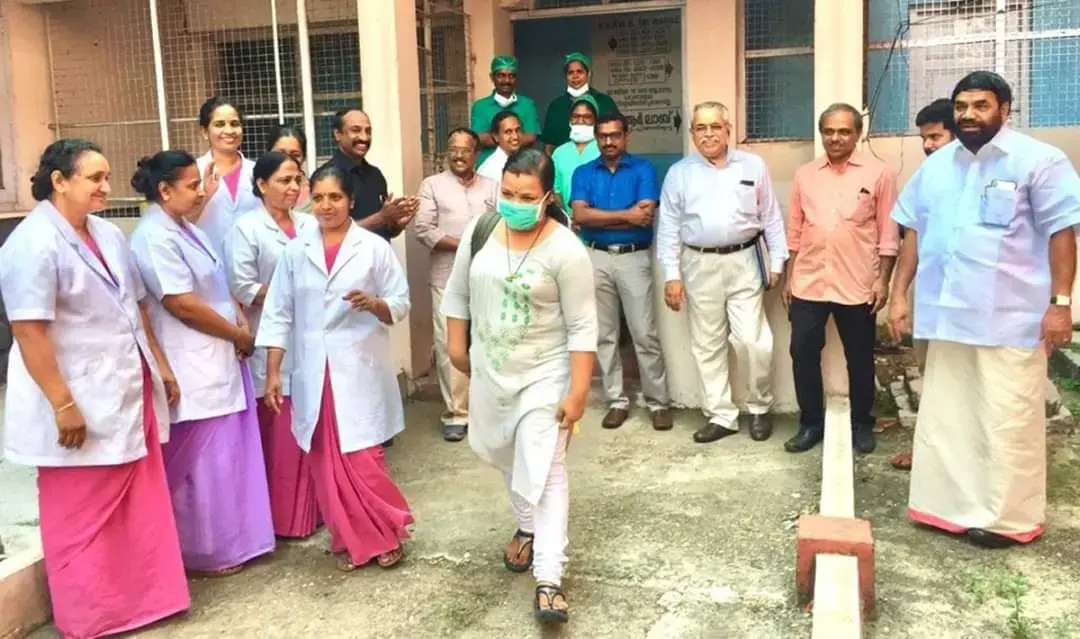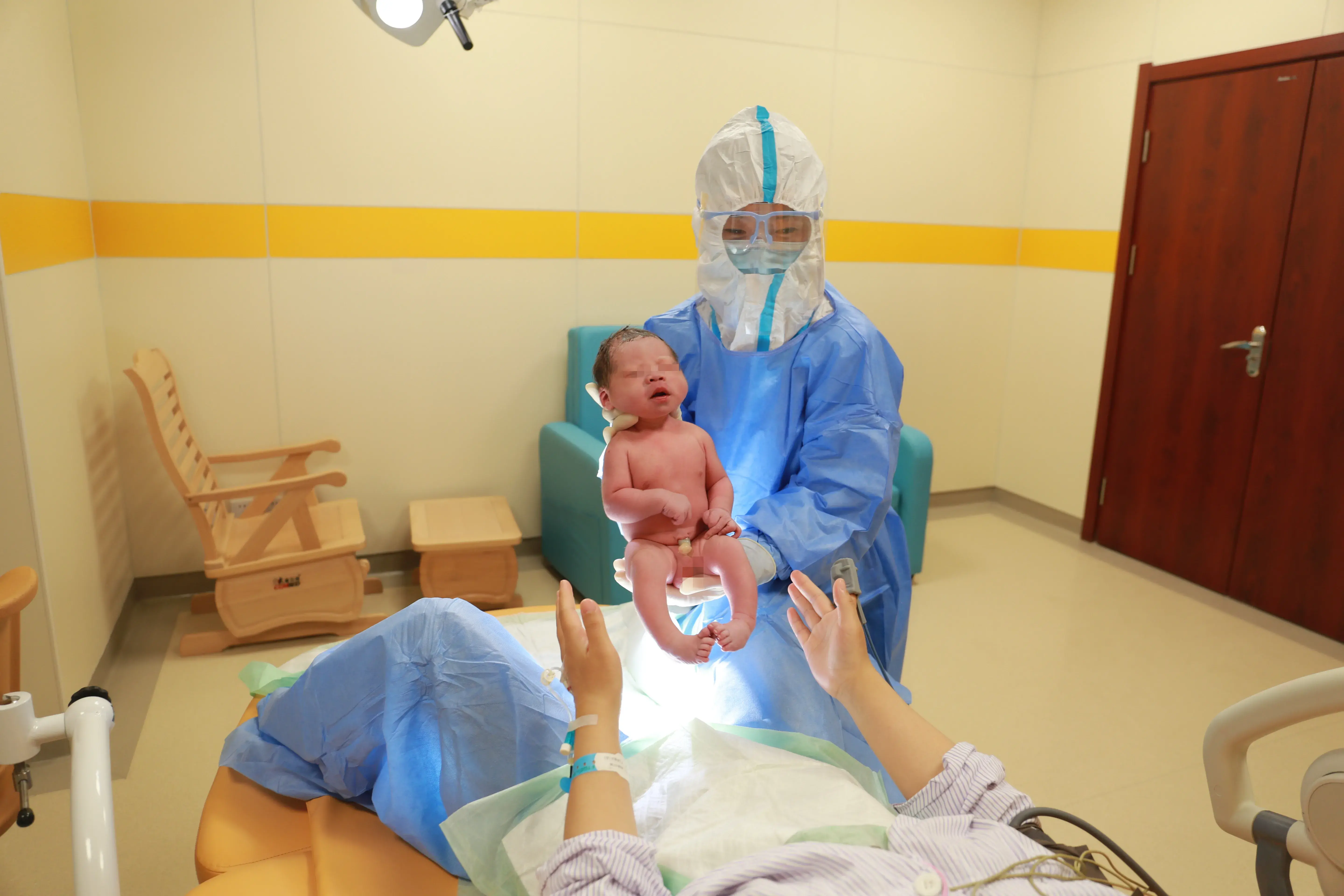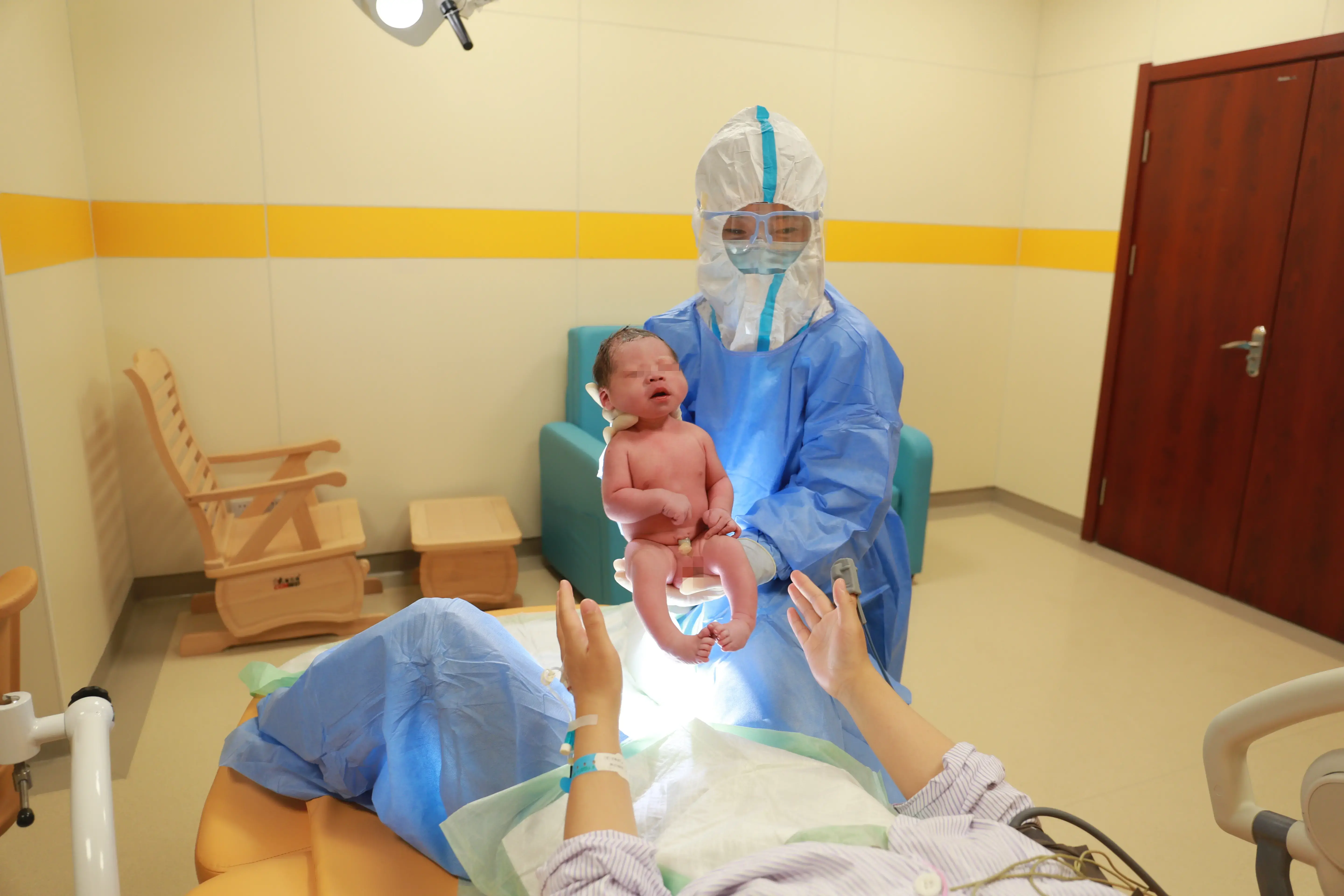We can end fistula!
May 23 marks the International Day to End Obstetric Fistula, a key date in the UNFPA calendar, where we mark progress towards addressing fistula and renewing our pledge to end fistula in Asia-Pacific and globally.
Obstetric fistula is one of the most serious and tragic injuries that can occur during childbirth. It is a hole between the birth canal and the bladder or rectum caused by prolonged, obstructed labour without treatment.
The condition typically leaves women incontinent, and as a result they are often shunned by their communities. Sufferers often endure depression, social isolation and deepening poverty. Many women live with the condition for years – or even decades – because they cannot afford to obtain treatment.
An estimated 2 million women in sub-Saharan Africa, Asia, the Arab region, and Latin America and the Caribbean are living with this injury, and some 50,000 to 100,000 new cases develop worldwide each year. Most fistulae occur among women living in poverty in cultures where a woman’s status and self-esteem may depend almost entirely on her marriage and ability to bear children. Yet fistula is almost entirely preventable. Its persistence is a sign that health systems are failing to meet women’s essential needs.
Obstetric fistula symptoms generally manifest in the early post-partum period. However, other, equally severe symptoms such as psychological trauma, deteriorating health, increasing poverty, and social stigmatization by family and friends can and often do occur.
Obstetric fistula can be prevented and in most cases treated. Reconstructive surgery with a trained, expert fistula surgeon can repair the injury, with success rates as high as 90 percent for less complex cases. The average cost of fistula treatment—including surgery, post-operative care and rehabilitation support—is $300 per patient.
Obstetric fistula is preventable; it can largely be avoided by:
- delaying the age of first pregnancy;
- the cessation of harmful traditional practices; and
- timely access to obstetric care.
The prevention and treatment of obstetric fistula contribute to achieving Sustainable Development Goal 3, which is ensuring healthy lives; in this case, improving maternal health.





